Knee-jerk leaders are kicking us to the kerb
Sensible precautions be damned — we must eliminate any minuscule chance of COVID-19 crossing a state border.
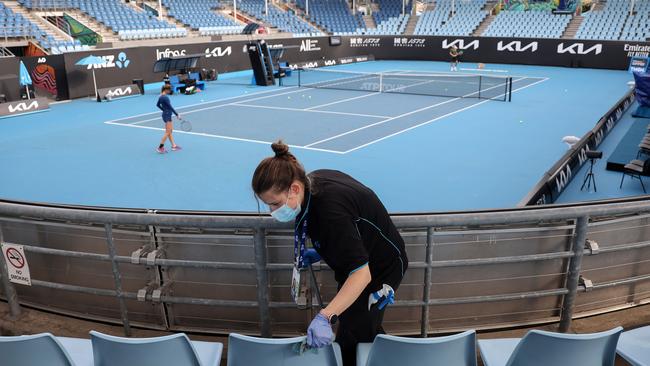
Drivers must always expect the unexpected, and an investigation will ensue, but whatever other factors were at play, this tragedy was at least in part the consequence of yet another premature and panicked interstate closure.
Despite just a dozen coronavirus cases in Melbourne at that time, all from known hotel quarantine sources, South Australian Liberal Premier Steven Marshall slammed a hard border against Melburnians, prompting a midnight rush between our two closest capitals.
Under those circumstances, ask yourselves what would be the greater risk; letting truck drivers go about their trade uninterrupted across state borders, or creating a stationary traffic queue in the middle of the night, on a 110km/h stretch in the bush?
This is our nation still, despite all we have learned in a year of pandemic management. Sensible precautions be damned — we must eliminate any minuscule chance of COVID-19 crossing a state border.
Business owners who had tentatively reopened in Melbourne’s CBD are now shut until at least Thursday and wondering how they can survive. Victorians staggered that this year’s Anzac Day march was cancelled more than two months before the big day, in a perverse inversion of the Anzac spirit, now have bigger worries for the next five days at least.
Even before these provocations I had decided to devote this column to your responses to last week’s lament about our coronavirus overreach. Feedback was plentiful, mainly supportive, and insightful.
To begin, let me deal with the most common criticism — highlighting the worst situations in other parts of the world and suggesting this was the alternative we were avoiding. “Millions around the world have died from COVID,” wrote Paul T, “Australia is almost free of this virus. That is why you are in the minority.” A response from Island Girl was similar: “When compared to the deaths elsewhere in the world we are doing the right things. Don’t go off course now, especially as there are new and more contagious variants.”
This is fallacious: as I noted, our island status and overseas quarantine have been crucial factors, along with climate, timing and health service capacity, that have contained our threat. No one, least of all me, has advocated a “let it rip” mentality.
Rather, my case was that the response of the NSW government is the template the whole nation should follow. The most populous state has faced the highest risk (from the people returning from overseas) and has coped well with the lightest touch, including the most open internal borders.
Premier Gladys Berejiklian and Chief Health Officer Kerry Chant stand head and shoulders above the other state leaders because they have implemented an effective medical containment plan while maintaining as much personal, social and economic activity as possible.
A media/political class that pretends to be in search of feminist heroes overlooks these women, preferring to lionise the leftist incompetence of Daniel Andrews and Brett Sutton (as usual, it is not the principle or outcomes that matter, so much as the side).
The comparison is not between Brooklyn and Broadmeadows or Brussels and Burwood, but between people locked in their houses for three months last year in Melbourne, and for at least five days now, and the majority of Sydneysiders who have gone about their lives unimpeded while outbreaks were suppressed.
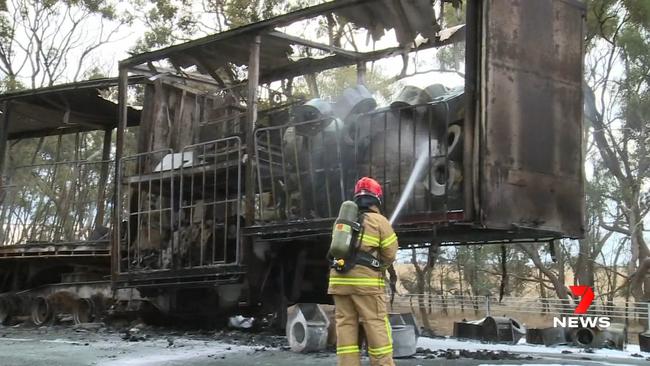
NSW has accepted visitors from all states (except Victoria at the height of its outbreak), while Western Australia has been the Hermit Kingdom — and, even then, locked two million people down for a week over a single case. People have been kept apart from children, missed funerals, or seen their life’s work in small business threatened by arbitrary and unnecessary rules — real, painful, personal and avoidable trauma.
Berejiklian and Chant have sought to avoid this in a way that takes intelligence, courage and competence. Think of Marshall, or Mark McGowan in WA and Annastacia Palaszczuk in Queensland, facing far less daunting challenges yet imposing harsher measures while dragging their feet on tools such as digital customer registration.
Most readers understood these relativities, and many had sharp hypotheses about why many of their compatriots seemed to welcome Nanny State overreach. “It is media and particularly social media that drives much of this,” wrote Rod. “Social media is the big change in the past decade. There are now 25 million ‘epidemiologists’ in Australia, each with his/her own opinion and easy means by which to express it publicly.”
Grant had a similar take: “I blame the politicians and the media who just want to frighten the public in order to promote their own self-worth.” Neville also pointed to media that is “fraught with warnings and predictions”.
Most media, especially social, has been hysterical. At the ABC, Norman Swan has been promoted as an authority on pandemic policy even though he said the nation’s health system would be overrun 11 months ago (even at the peak of Victoria’s woes we did not use 5 per cent of the national acute bed capacity).
Swan also claimed late last year that NSW needed a lockdown of greater Sydney to get on top of the northern beaches cluster. “I have not seen any of them, including one prominent ABC personality, apologise to Gladys for being wrong,” wrote Alex.
Many commentators urge lockdowns now as a deliberate or inadvertent attempt to provide ex post facto justification for the harsh measures imposed by Andrews. The sad reality is that everything we have seen north of the border suggests Victoria could have, and should have, controlled its outbreak with a lighter touch — yet this weekend restrictions ease further in NSW while Victorians again need to find an excuse on a checklist before leaving their homes. Most media avoids these debates — the ABC does not hold Swan accountable for erroneous predictions — and alarmism rules.
There are few mentions of declining case fatality rates, low percentages of infections requiring hospitalisation, improved treatments, relative invulnerability for children and healthy adults, or the absence of COVID-19 deaths in this country for more than three months.
Instead, we get an inane pile-on against Craig Kelly for daring to discuss drugs such as hydroxychloroquine and Ivermectin that some doctors and researchers credit with saving lives around the world. Why not detail and discuss medical views?
Some readers zeroed in on the timidity of political oppositions, whether Liberal of Labor, failing to run counter-arguments. “The states have too much power in these situations,” wrote Stan, “and because of the lack of scrutiny also have mainly second-grade politicians.”
We like our castles, noted Ivan. “People are being paid to stay home, hence why they are so keen for the lockdowns: those on long-term welfare who’ve literally had their income doubled; those on JobKeeper/Seeker, many who get more money than they were actually earning; when welfare is more or the same as wages, why bother working; the public sector where not one person has lost their job but get sent home on full pay during lockdown, keeping their leave allowances as well; and those that do work from home now use the virus as an excuse not to return to the office.”
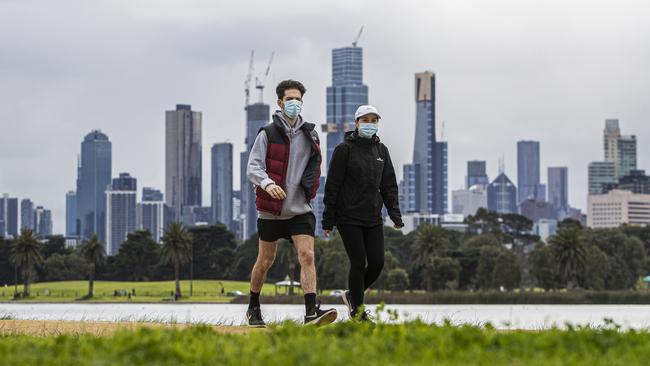
There is more than a germ of truth in this. “The way it looks to me,” wrote Uncle Walter, “the ones screeching loudest to shut it all down are the public servants or office workers in secure work-from-home-able jobs that really haven’t had to pay a major price at all, or in a lot of cases have actually had a lifestyle improvement.”
Andrew saw a fundamental governance issue: “This is yet another example of the reality that we are the most overgoverned country on the planet. If we had one national government that could act consistently across the country, we would all be the better for it.” Luke sensed a change in our national character: “We were once a nation characterised by a sense of adventure, scepticism towards/outright rejection of authority, pragmatism, a good sense of humour, and a ‘she’ll be right’, ‘no worries’ optimism that underscored a nation comfortable to take risks and make sacrifices for the greater good. Now, not wearing a mask is considered tantamount to a capital offence by some.”
Another reader referred to the rise of risk management as a management input, pointing out that Australia virtually wrote the book on this management fad with the adoption of standard 4360 in the mid-1990s. It checks out — this risk management standard was subsequently adopted, and adapted, worldwide.
But all the evidence is that we are not attempting to manage risk. We are pretending we can eliminate it. Good luck.


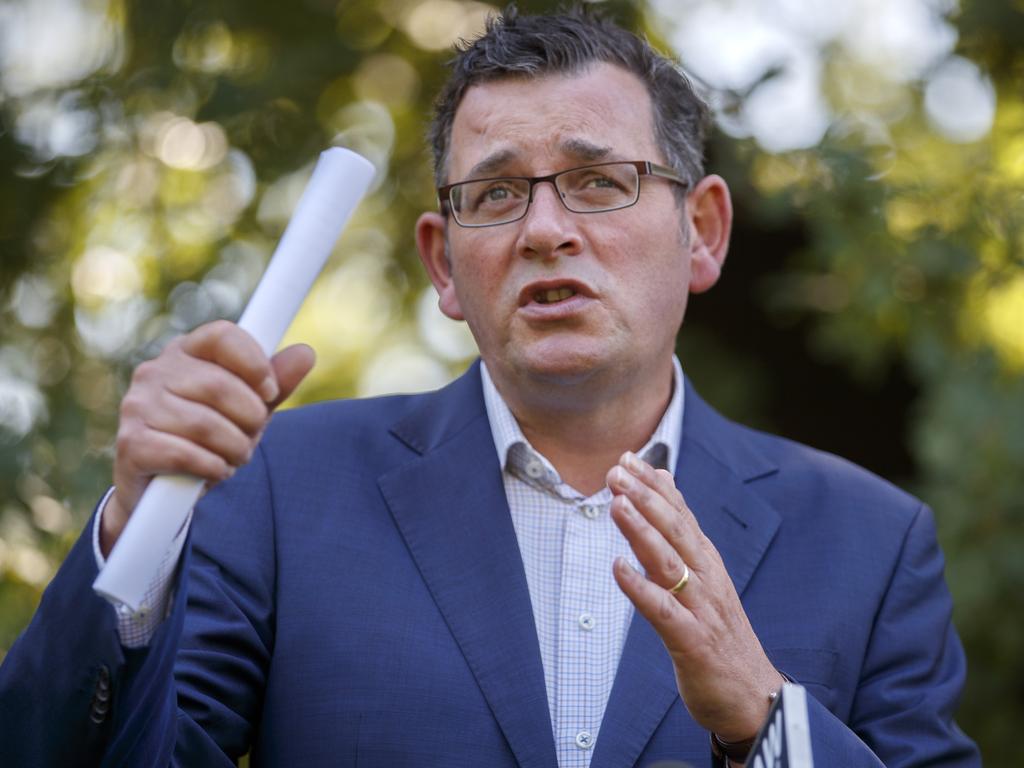
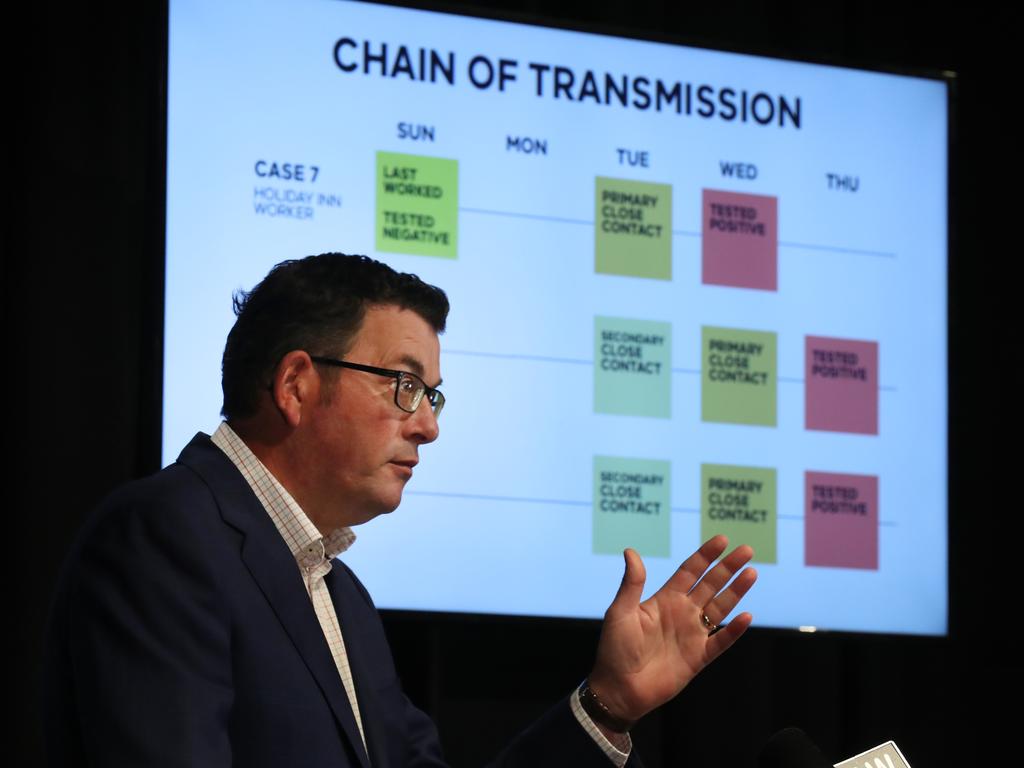



In a fiery crash west of the Victorian town of Kaniva in the early hours of Thursday, a South Australian truck driver ran headlong into the coronavirus border madness that has enveloped our nation for almost a year.